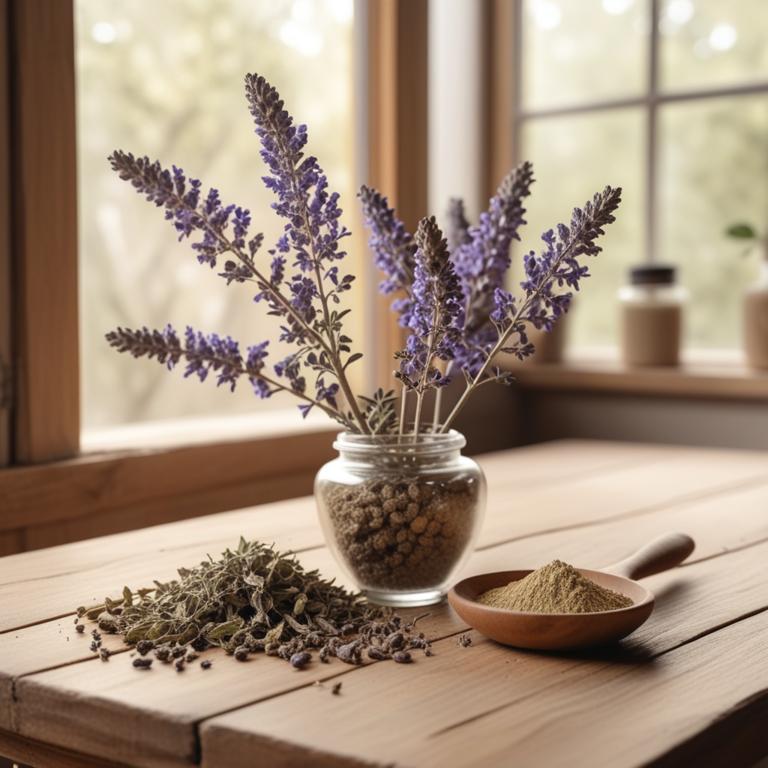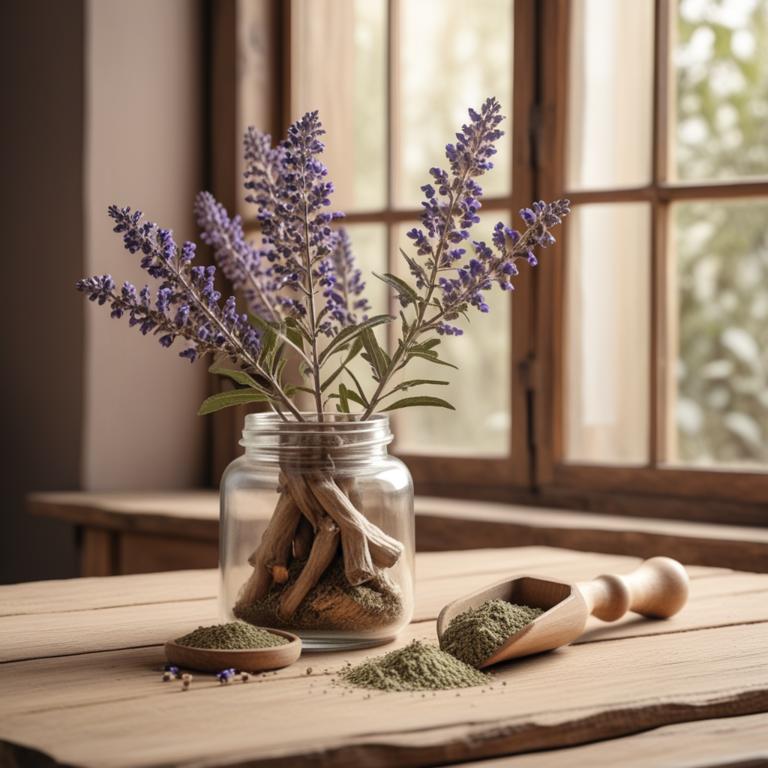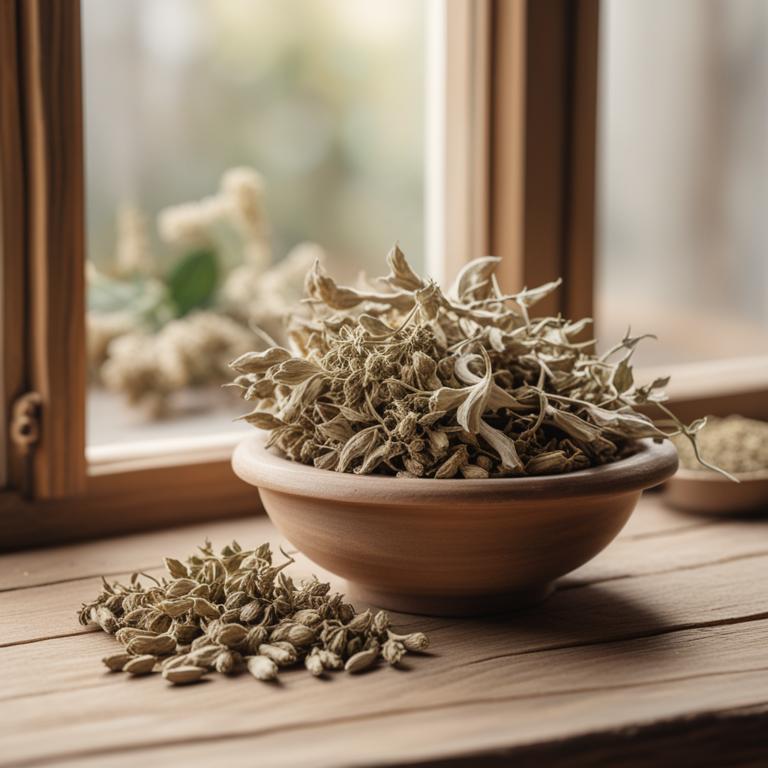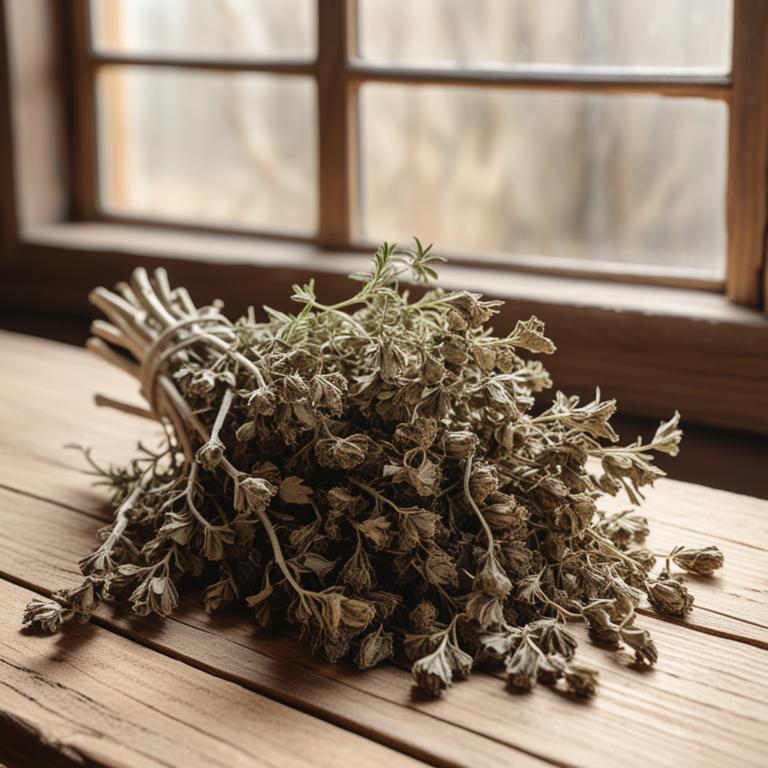Updated: Dec 1, 2024
Causes, Herbal Treatments, And Preparations For Over Bleeding During Periods
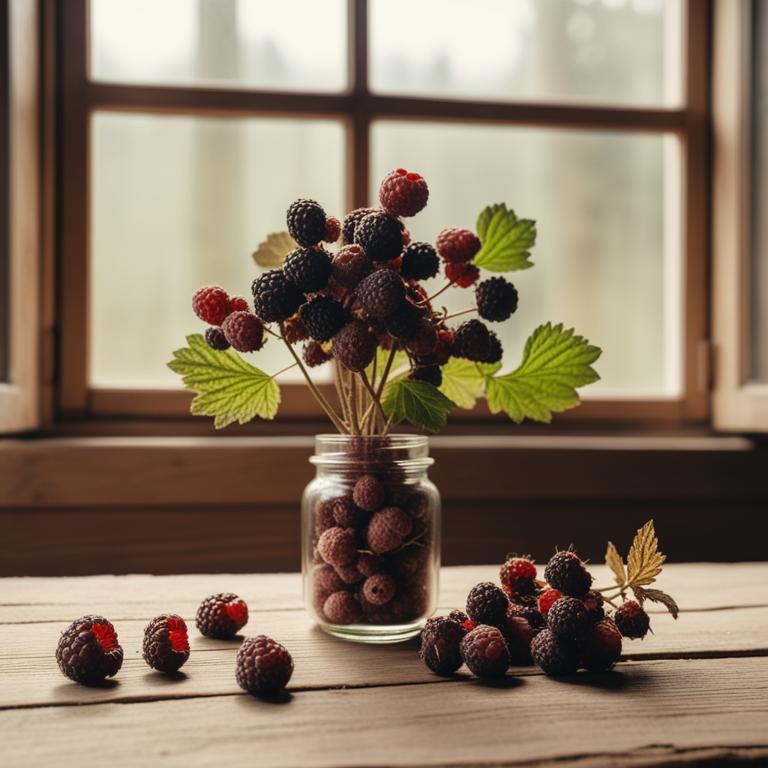
Over bleeding during periods, also known as menorrhagia, is when you experience heavier or more prolonged menstrual bleeding than usual.
This can be uncomfortable, painful, and disrupt your daily life. It can cause fatigue, anemia, and even affect your work or school performance. So, what causes over bleeding?. Hormonal imbalances, uterine fibroids, and polyps are some common reasons. Herbal remedies can help alleviate symptoms of over bleeding. Herbs like cramp bark and ginger have anti-inflammatory properties that can ease cramps and reduce bleeding.
Vitamin K-rich herbs like dandelion and yarrow can help regulate bleeding. Another herb, shepherd's purse, is known to reduce menstrual flow and ease cramps. To use these herbs, you can try drinking teas made from dried leaves and flowers. You can also consume them as capsules or tinctures under the guidance of a healthcare professional. For instance, dandelion tea can be made by steeping dried dandelion roots in hot water. Some herbal supplements, like cramp bark capsules, are also available. It's essential to note that these remedies should not replace medical treatment, but rather complement it.
Always consult with a healthcare professional before using any herbal remedies, especially if you have underlying medical conditions or take medications.
Table of Contents
- What are the causes of prolonged over bleeding during periods?
- What are the advantages of using herbs for managing over bleeding during periods?
- What are the primary medical herbs for treating over bleeding during periods?
- What are the top herbal preparations used to alleviate over bleeding during periods?
- If you have over bleeding during periods, which herbs are not recommended for use?
- FAQ
- Are there any specific herbs that can prevent over bleeding during periods?
- Is it safe to use herbal remedies for over bleeding during periods during pregnancy?
- Are there any herbs that can reduce the frequency of over bleeding during periods?
- Can i combine different herbal remedies for over bleeding during periods?
What are the causes of prolonged over bleeding during periods?
The main causes of over bleeding during periods are hormonal imbalance, IUD, age, and PCOS.
Hormonal imbalance is a major contributor, as it affects the uterus and uterine lining. When there's an imbalance, the uterine lining may grow too thick, leading to heavy bleeding. This can be caused by various factors, such as stress, weight changes, or certain medical conditions. An IUD, or intrauterine device, can also cause over bleeding during periods. This is because the IUD can cause the uterine lining to become irritated, leading to heavy bleeding. The IUD can also cause changes in hormone levels, which can further contribute to heavy bleeding.
Age is another factor that can contribute to over bleeding during periods. As women get older, their hormone levels may change, leading to heavier bleeding. This is especially true for women who have not had children or who have had a miscarriage. PCOS, or polycystic ovary syndrome, is a condition that can also cause over bleeding during periods. Women with PCOS often have hormonal imbalances, which can lead to heavy bleeding. PCOS can also cause the uterine lining to become irregular, leading to heavy bleeding. In women with PCOS, hormonal imbalances can also cause irregular periods, and when periods do come, they can be heavy.
The combination of hormonal imbalances and irregular periods can lead to over bleeding during periods.
What are the advantages of using herbs for managing over bleeding during periods?
Using herbs to help with heavy periods can be really helpful for some women.
These herbs can ease the pain and discomfort that comes with over bleeding. They can also help to reduce the amount of bleeding and make it more manageable. Some herbs can help to slow down the blood flow, which can give the body a chance to heal and stop the bleeding.
They can also help to calm the uterus and reduce inflammation, which can cause pain and discomfort. Additionally, some herbs have properties that can help to balance the body's hormones, which can contribute to heavy periods. This can help to regulate the menstrual cycle and reduce the risk of over bleeding.
By using these herbs, women can find relief from the pain and discomfort of heavy periods, and get back to their normal routine.
What are the primary medical herbs for treating over bleeding during periods?
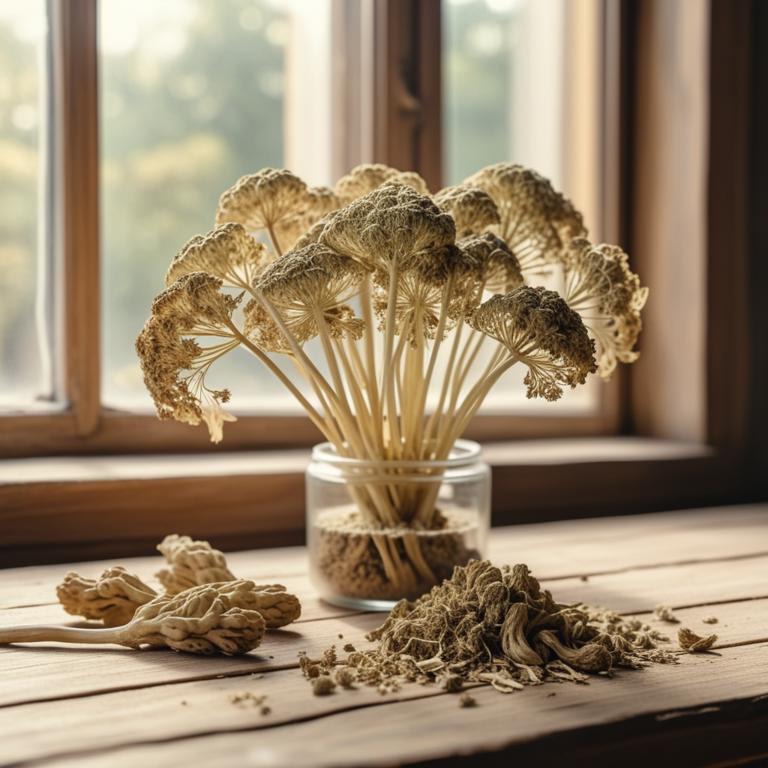
When it comes to managing heavy bleeding during periods, herbs can be a great natural solution.
One herb that's commonly used is Angelica sinensis, also known as dong quai. It's a Chinese herb that helps to balance hormones and ease cramps. It's also rich in iron, which can help to combat anemia that's caused by heavy bleeding. Another herb that's often used is Glycyrrhiza glabra, or licorice root. It's known for its anti-inflammatory properties, which can help to reduce swelling and ease cramps. It also has a compound called glycyrrhizin, which can help to balance hormones and reduce bleeding. Cimicifuga racemosa, or black cohosh, is another herb that's often used to ease period symptoms. It contains compounds that can help to relax the uterine muscles and reduce cramping.
It also has anti-inflammatory properties, which can help to reduce swelling. Paeonia lactiflora, or peony root, is a Chinese herb that's been used for centuries to ease period symptoms. It's known for its anti-inflammatory properties and its ability to balance hormones. It can also help to ease cramps and reduce bleeding. Trifolium pratense, or red clover, is a herb that's high in isoflavones, which are compounds that can help to balance hormones. It can also help to reduce bleeding and ease cramps. Some studies have shown that red clover can be just as effective as hormone replacement therapy in reducing heavy bleeding. These herbs can be used in different ways, such as making tea, taking supplements, or applying them topically as a poultice. They can be used alone or in combination with each other to create a personalized remedy.
It's always a good idea to talk to a healthcare provider before using any new remedies, especially if you're already taking medication or have underlying health conditions.
What are the top herbal preparations used to alleviate over bleeding during periods?
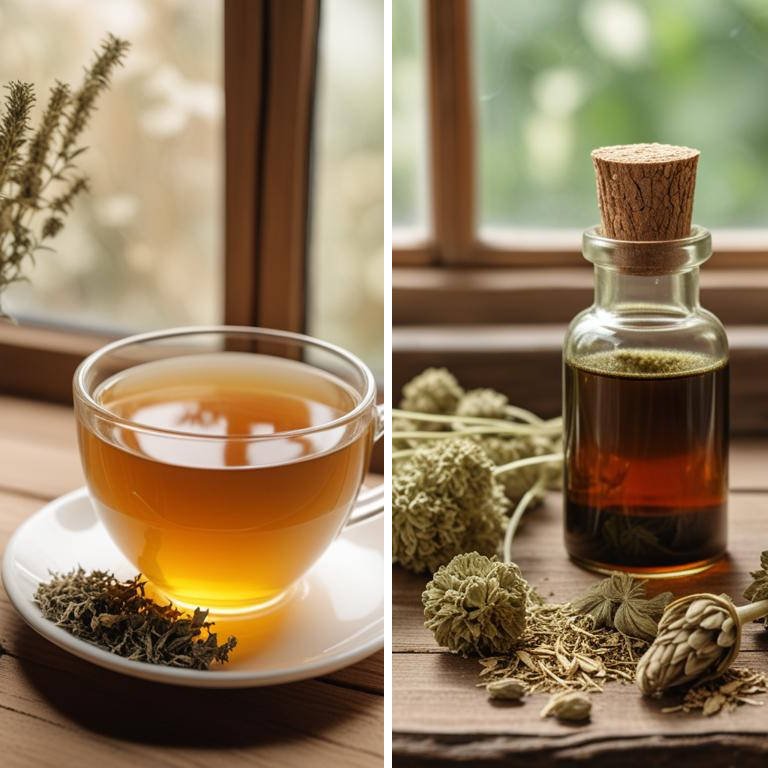
When you're experiencing heavy bleeding during your periods, herbal preparations can be a natural and effective way to help manage the symptoms.
A decoction, made by simmering herbs in water, can be especially helpful. For example, the roots of the dandelion plant contain compounds that can help reduce inflammation and ease menstrual cramps. You can make a decoction by simmering the roots in water for 5-10 minutes. Another way to use herbs is through an infusion, where you steep the herbs in hot water to make a tea. Chamomile, for instance, has a soothing effect on the body and can help calm menstrual cramps and anxiety. To make an infusion, simply steep 1-2 teaspoons of dried chamomile flowers in a cup of hot water for 5-10 minutes. You can also use herbal teas to help with heavy bleeding.
Raspberry leaf tea, for example, is rich in iron and can help reduce menstrual bleeding. To make a tea, simply steep 1-2 teaspoons of dried raspberry leaves in a cup of hot water for 5-10 minutes. Tinctures, which are concentrated herbal extracts, can also be used to help manage menstrual symptoms. A tincture of the herb shepherd's purse, for example, can help reduce menstrual bleeding and ease cramps. To use a tincture, simply add a few drops to a glass of water and drink it as needed. Finally, you can also take herbal supplements in capsule form. A capsule of the herb vitex, for example, can help regulate menstrual cycles and reduce heavy bleeding.
To use a capsule, simply take it as directed on the label, usually 1-2 capsules per day.
Additional Resources:
If you have over bleeding during periods, which herbs are not recommended for use?
If you experience heavy bleeding during your periods, it's best to be cautious with certain herbs that might make things worse.
Vitex agnus-castus, also known as chaste tree, can actually worsen heavy bleeding due to its ability to stimulate the uterus. This might not be what you want if you're already experiencing heavy flow. Ginkgo biloba, often used to improve blood flow, can also increase menstrual bleeding, as it widens blood vessels and makes it easier for blood to flow.
Panax quinquefolius, or American ginseng, can cause hormonal imbalances, which may lead to heavier periods. Ephedra sinica, also known as ma huang, is a stimulant that can increase heart rate and blood pressure, which may worsen heavy bleeding. Pausinystalia johimbe, a plant containing yohimbine, can also cause blood vessels to constrict, but in some cases, it can have the opposite effect and make blood vessels more prone to bleeding, making heavy periods even worse.
If you're experiencing heavy bleeding during your periods, it's best to talk to your healthcare provider before using any of these herbs.
FAQ
Are there any specific herbs that can prevent over bleeding during periods?
There are some herbs that may help reduce heavy bleeding during periods.
Ginger, for example, has natural anti-inflammatory properties that can ease cramps and help regulate menstrual flow. Red raspberry leaf is another herb that's often used to strengthen the uterus and reduce heavy bleeding.
Drinking tea made from these herbs may help alleviate symptoms.
Is it safe to use herbal remedies for over bleeding during periods during pregnancy?
Using herbal remedies for heavy bleeding during pregnancy can be a concern.
Some herbs like pennyroyal and rue may stimulate the uterus, which isn't safe during pregnancy. However, others like ginger and blue cohosh may help ease cramps and bleeding.
But it's essential to understand how they might affect your pregnancy before using them.
Are there any herbs that can reduce the frequency of over bleeding during periods?
Some women find that taking herbal teas or supplements helps reduce heavy bleeding during periods.
Ginger, for example, is known to have properties that can help ease menstrual cramps and bleeding. Peppermint tea has a similar effect, calming the uterus and reducing blood flow.
These herbs may help alleviate the discomfort and frequency of heavy bleeding.
Can i combine different herbal remedies for over bleeding during periods?
You can combine herbal remedies for heavy bleeding during periods, but be cautious.
For example, you can take ginger to ease cramps and peppermint to calm the stomach, while also using red clover to help regulate your period.
However, start with small amounts and monitor your body's response to avoid any adverse effects.
Related Articles
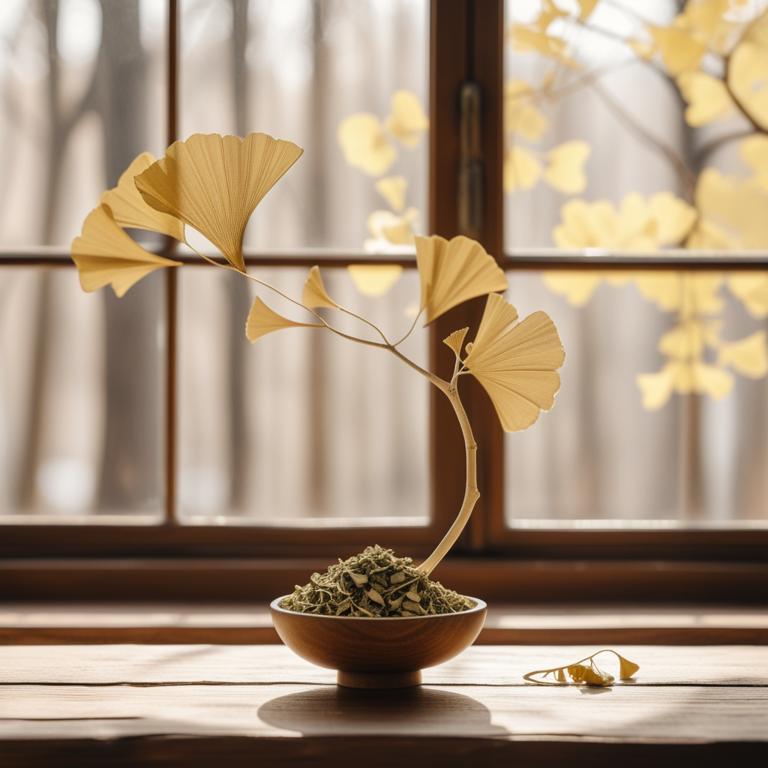
The Causes and Natural Relief of Ovulation Pain
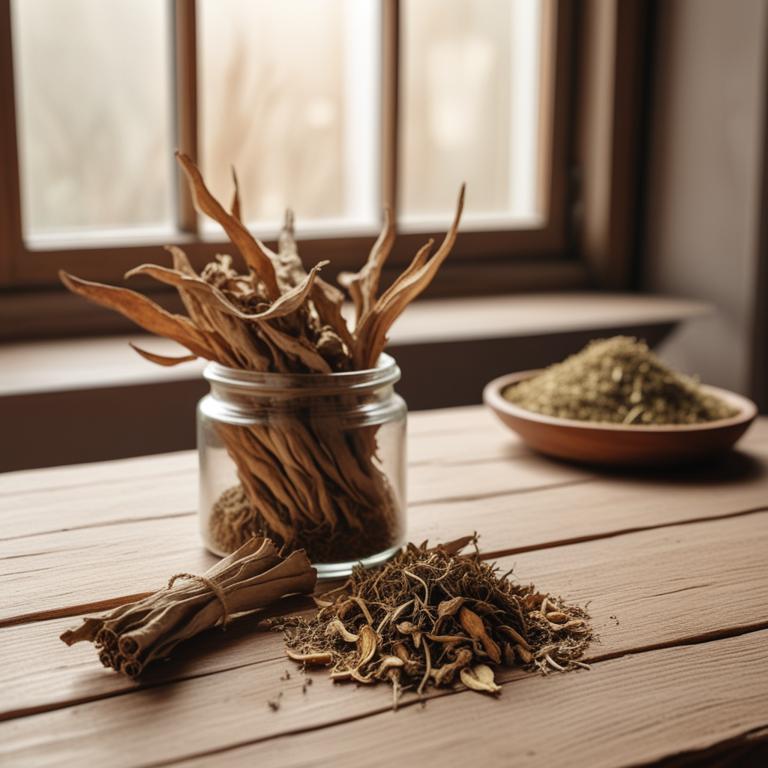
Menstrual Cramps: Understanding the Causes and Finding Relief with Medicinal Herbs
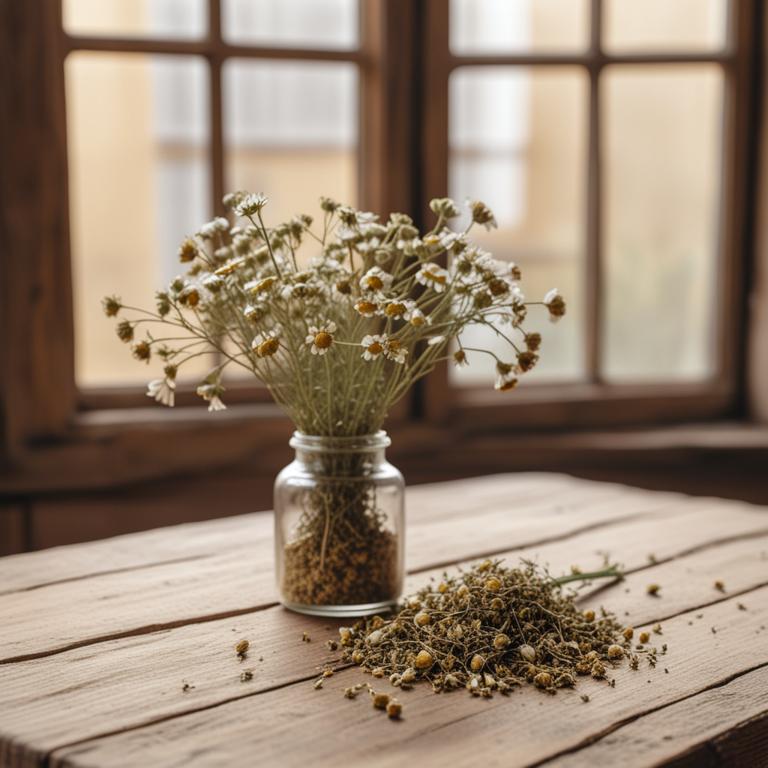
Nipple Pain During Breastfeeding: Causes, Herbal Preparations, and Natural Relief
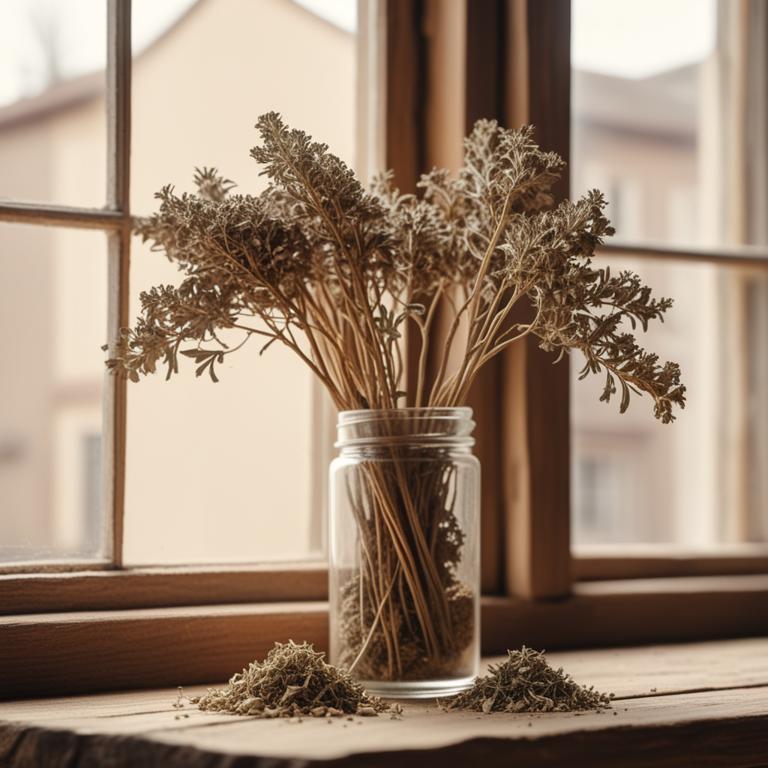
Understanding Endometriosis: Its Causes and Natural Remedies with Medicinal Herbs
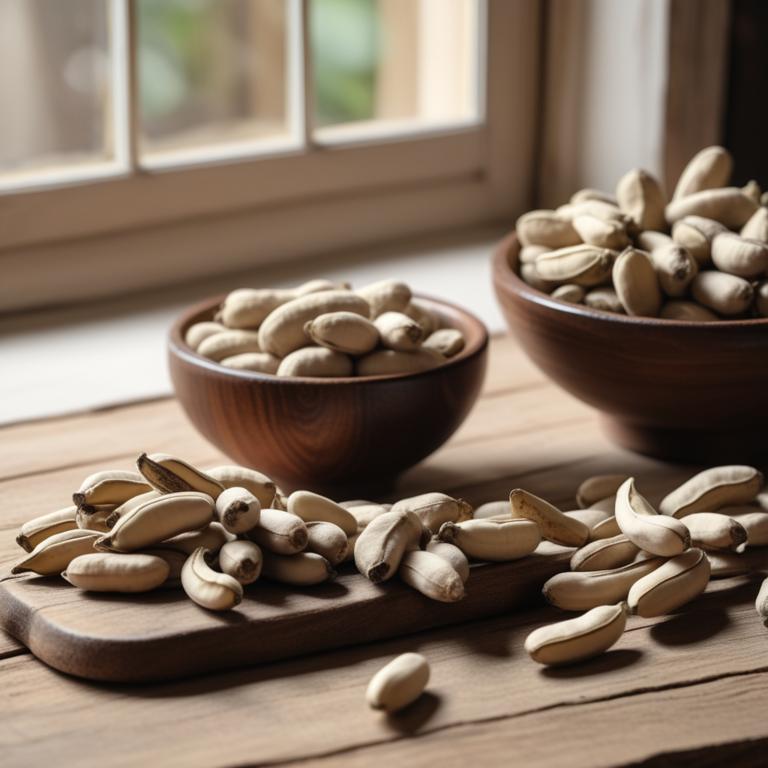
Understanding and Treating Premature Ejaculation: Medical Causes and Herbal Remedies
